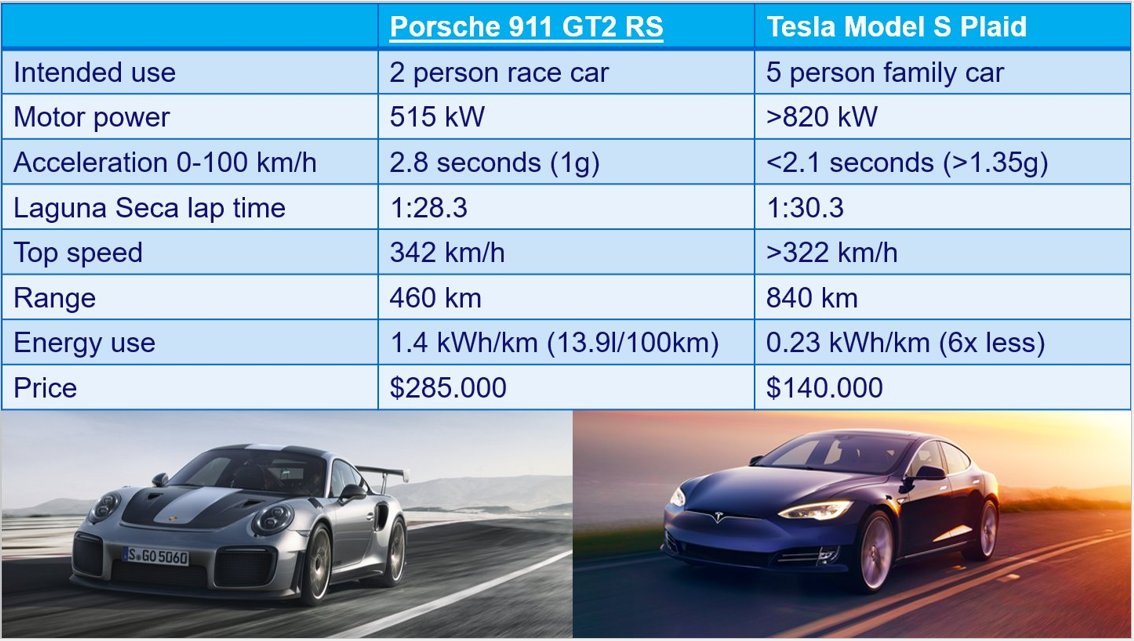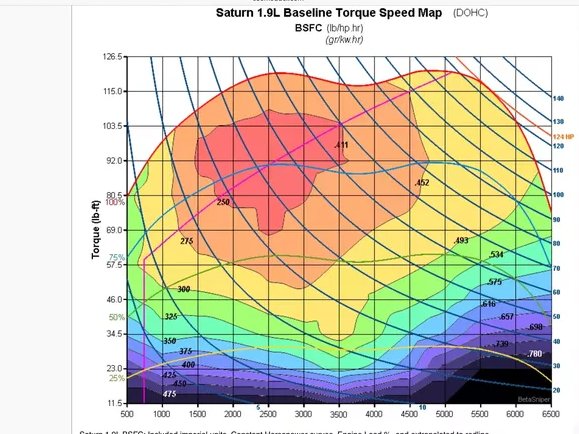
Didn't believe it at first so just reproduced it myself and this is indeed how wind and solar balance each other in OECD Europe according to the @IEA. Remarkable!
It means that increasing interconnectivity can be an alternative for seasonal storage for 100% renewable electricity.
It means that increasing interconnectivity can be an alternative for seasonal storage for 100% renewable electricity.
https://twitter.com/ntsafos/status/1480560060044652546
Does anybody have an explanation for why we have more wind in months with less solar? @ChristianOnRE @nworbmot @Sustainable2050 @mzjacobson
It's only logical that a meteorologist gave the best explanation I guess :-)
I knew combining wind and sun lowers the cost and that there's more wind in winter. But this picture shows an almost *perfect* complementarity in the OECD region: wow.
https://twitter.com/PKuipersMunneke/status/1480664577012555779?s=20
I knew combining wind and sun lowers the cost and that there's more wind in winter. But this picture shows an almost *perfect* complementarity in the OECD region: wow.
And I know:
Monthly averages over a large area make renewables seem smoother than they are
We have a dunkelflaute now and then (sunless and windless weeks)
Transmission capacity over the OECD is far from perfect
But still extremely useful info!
Monthly averages over a large area make renewables seem smoother than they are
We have a dunkelflaute now and then (sunless and windless weeks)
Transmission capacity over the OECD is far from perfect
But still extremely useful info!
Just for fun: the Netherlands with a logarithmic scale (because solar difference is pretty extreme summer-winter and because otherwise the early solar years disappear). 

If you want to read research of ppl actually having detailed models (not simple graphs) of the entire world in 140 segments, clearly showing this complementarity with 100% renewables - and adding P2X + storage - I recommend the work of @ChristianOnRE.
https://twitter.com/ChristianOnRE/status/1481024300471697414?t=Lp9lPB9LWQe3bs1d64XUQA&s=19
• • •
Missing some Tweet in this thread? You can try to
force a refresh









